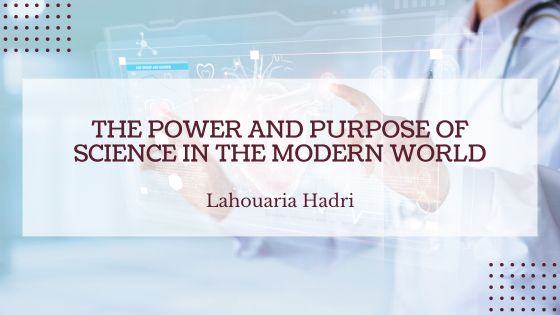Science is the systematic pursuit of knowledge about the natural world through observation, experimentation, and logical reasoning. It has been a driving force behind human progress for centuries, shaping civilizations, advancing technology, and improving the quality of life. In today’s rapidly evolving world, science plays a more vital role than ever before.
The Foundations of Science
At its core, science is based on curiosity and the desire to understand how the universe works. It relies on the scientific method — a structured approach that includes forming hypotheses, conducting experiments, collecting data, and drawing conclusions. This method ensures that scientific knowledge is reliable, verifiable, and open to refinement or rejection based on new evidence.
Science is divided into various branches, including:
-
Physics, which explores matter, energy, and the laws of nature;
-
Chemistry, the study of substances and their interactions;
-
Biology, which investigates living organisms;
-
Earth sciences, which examine the planet and its processes;
-
Astronomy, the study of space and celestial bodies.
Each of these disciplines contributes to our overall understanding of the world and fuels discoveries that impact every aspect of life.
Science and Technology
One of the most visible outcomes of scientific progress is technology. Innovations such as smartphones, electric cars, artificial intelligence, and space travel are all products of scientific inquiry. Medical science has revolutionized health care with vaccines, antibiotics, imaging technologies, and life-saving surgeries. Agricultural science has enabled us to grow more food with fewer resources, helping to fight hunger in many parts of the world.
Science and Society
Science does not exist in a vacuum — it is deeply interwoven with society. Scientific findings influence policy decisions, economic development, education, and even ethical debates. For example, understanding climate change through science has led to international efforts to reduce carbon emissions. The COVID-19 pandemic also highlighted the importance of science in developing vaccines and guiding public health measures.
However, science also brings challenges. Rapid technological growth can lead to environmental degradation, privacy concerns, or ethical dilemmas related to genetic engineering and artificial intelligence. That is why science must be guided by ethical principles, responsible governance, and public engagement.
The Future of Science
Looking ahead, science will be central to solving some of humanity’s greatest challenges. These include:
-
Combating climate change
-
Finding cures for diseases
-
Ensuring food and water security
-
Exploring the universe beyond Earth
-
Creating sustainable energy solutions
Breakthroughs in fields like quantum computing, gene editing (e.g., CRISPR), and nanotechnology could fundamentally transform how we live and interact with the world.
Conclusion
Science is not just a body of knowledge — it is a way of thinking, questioning, and learning. It empowers us to make informed decisions, drive innovation, and understand our place in the universe. As we move further into the 21st century, embracing science and its values — curiosity, evidence, skepticism, and openness — will be essential for building a better future for all.
